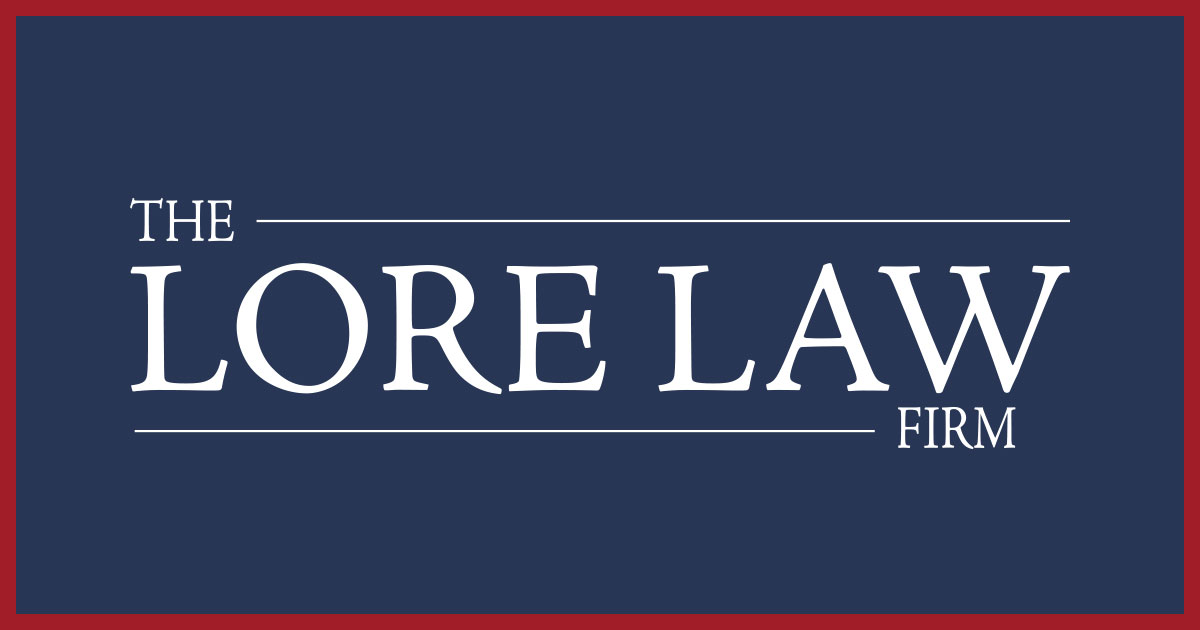Frequently Asked Questions About Personal Injury Claims
The following is a sample of questions we come across on a regular basis. Please contact our office if you do not find the answer you are looking for, or if you have any additional questions. Our experienced attorneys are happy to answer any questions you might have.
What Time Limits Apply to Filing a Personal Injury Claim?
How Much Will It Cost Me to Hire a Personal Injury Lawyer?
How Much Will I Recover for My Injuries & Losses?
How long do most cases take to resolve?
What If I Am Partially at Fault?
What About Medical Bills and Expenses While My Claim Is Pending?
What Time Limits Apply to Filing a Personal Injury Claim?
The legal term for the time limit for filing a personal injury or wrongful death lawsuit is “statute of limitations.” These filing deadlines vary from state to state, and can also vary depending on the type of claim being asserted. If a lawsuit is not within this time period, you may forfeit your right to seek compensation for any damages suffered.
In general, the sooner after an event a lawsuit is filed the better. This is a significant reason for having statutes of limitation. With time, memories and evidence start to fade, making it more difficult to determine who did what, how and when – all necessary for the prosecution of a successful claim.
In the State of Texas, the statute of limitations for a personal injury and wrongful death claim is two (2) years from the date the cause of action “accrued”. Generally, a cause of action accrues on the date an injury occurs. This period may, however, be longer if the injury could not have been reasonably discovered, or if the victim was under a legal disability, such as being a minor.
How Much Will It Cost Me to Hire a Personal Injury Lawyer?
The short answer is nothing, unless and until a recovery/settlement is obtained in your case.
In the vast majority of cases (including: personal injury, wrongful death, overtime pay and most employment law claims) we represent clients on a Straight Contingency Fee Basis. This means that there are no up-front costs and the client does not pay any attorneys’ fees or case expenses unless and until we get results and obtain a recovery in the case. Attorneys’ fees are paid out of a percentage of the recovery/settlement obtained.
More often than not, it is this contingent fee agreement that allows our clients access to the justice system when they have viable and meritorious claims, but would not otherwise be able to afford an attorney. By working on a contingency fee basis, our interests are aligned with our client’s interest.
How Much Will I Recover for My Injuries & Losses?
The short answer is – your recovery in a personal injury or wrongful death claim will depend on the specific facts, circumstances and legal issues involved in the case. These include:
- How serious the injuries are
- How clear liability is – is it easy or difficult to determine who is at fault and to what degree
- The nature of the injuries – soft tissue, strain or sprain versus broken bones, head trauma, disfigurement or death
- The cost of necessary medical treatment – physical therapy and Dr. office visits versus surgery and lengthy hospital stay(s)
- The timing of medical treatment – soon after the injury versus months later. Seek medical attention immediately.
- The amount of lost wages resulting from not being able to work
- Whether there is insurance coverage and the dollar amount of any such coverage
Every case is different and presents unique factors, so no ethical attorney can determine in advance the exact amount that you will be able to recover. Anyone who is willing to promise a result before thoroughly investigating and analyzing all aspects of your case should be viewed with skepticism.
How long do most cases take to resolve?
The average case takes about 12 to 18 months, however, the time it takes to get through the claim resolution process varies quite a lot from case to case. If the evidence of liability is strong and there is little doubt as to the nature and extent of the plaintiff’s injuries, the case should settle for a reasonable value within four to six months after the accident and completion of your medical treatment, without the need for litigation. Any number of factors can complicate and extend this timeframe:
- Evidence of the plaintiff’s own negligence as a cause of the accident
- Disputes as to the medical evidence — just how badly was the plaintiff hurt?
- Problems with the plaintiff’s credibility based on previous accident litigation or criminal history
- Scheduling problems with the plaintiff’s lawyer, the insurance company, the court, or key witnesses
- Conflicting testimony or statements from key witnesses
- Unfavorable police reports
High-value claims combined with high insurance policy limits (or an affluent defendant) by themselves are complicating factors. The plaintiff typically can’t afford to settle for less than a high coverage limit, while the defendant’s exposure is high enough to provide incentive for fighting the claim through trial.
In a case where neither side is in a position to settle, you can expect a period of two or more years to get the case ready for trial and presented to a jury.
Even difficult and complex cases are more likely to settle than end up before a jury, but it can take a lot of time and work to get to the point where a favorable settlement becomes a practical possibility. At our firm, we begin working on your case as soon as you hire us, and we prepare each case from the start as if it were going to trial so that we are in the best position to win and maximize case value.
What If I Am Partially at Fault?
In most personal injury and wrongful death cases, you can still recover damages even if you were partially at fault for the injury or death. In many situations involving auto accidents and or on the job injuries, you may be entitled to compensation even if you are partially to blame.
Under Texas personal injury law, a comparative fault scheme is applied when more than one party is at fault for an injury. So long as you are determined to be less than 51 percent at fault for your injury, then you will be entitled to recover compensation – although it will be reduced in proportion to your degree of fault. For example, if your total losses and damages total $1 million, and you are found to be 20 percent at fault, your recovery will be limited to $800,000.
Disputes over comparative fault can be challenging. If these cases go to court, the jury is responsible for determining the degrees of negligence for both parties. Insurance companies will try to shift as much blame as possible onto the victim of course, because they don’t want to be the ones shouldering the bill. Percentages of fault can be difficult to determine, that is why it is important to have the proper evidence and representation after your personal injury.
What About Medical Bills and Expenses While My Claim Is Pending?
One of the most immediate and serious issues injured people face is how their medical treatment and case costs will be paid while their case is in progress.
Medical attention must be sought immediately, but a major concern among even those with health insurance is – will my health insurance cover the bills related to an auto accident or other injury causing incident. This is another reason to contact an attorney sooner rather than later. If you don’t have insurance or it does not appear that your health insurance will cover your medical expenses, a personal injury attorney will be able to help you get access to care. Attorneys can work with hospitals, individual doctors, and other providers to make sure you get the medical attention you need, when you need it. Arrangements, commonly referred to as letters of protection or LOPs, can be used by attorneys to obtain treatment now but with some or all of the payment for care being deferred until your case is settled.
If your injury was suffered on the job, you may be able to have your medical expenses paid for by workers’ compensation insurance. Even though your employer’s workers’ compensation insurance policy may pay your medical bills, the carrier may be entitled to a lien as a result and recover some amount of its payments out of the ultimate recovery in the case. This is one of the issues your lawyers will assist in resolving as a part of the settlement process.
Personal injury litigation can be very expensive, depending on the severity of the injuries and the kinds of evidence necessary to prove your case. Injury clients are not expected to support the upfront costs of the case. Your lawyers will advance these expenses until the case is finished. You will not be expected to reimburse the law firm for these costs if your claim is unsuccessful.
Examples of the kinds of expenses that a personal injury attorney will usually cover while the case is pending include:
-
- Court costs, filing fees, and jury fees
- Document production and copying fees, including public record expenses
- Deposition and court reporter fees
- Investigator and expert witness fees
- Medical examination fees
- Travel and lodging if the courthouses or witnesses are distant
- Living expenses and other financial assistance, where permitted







